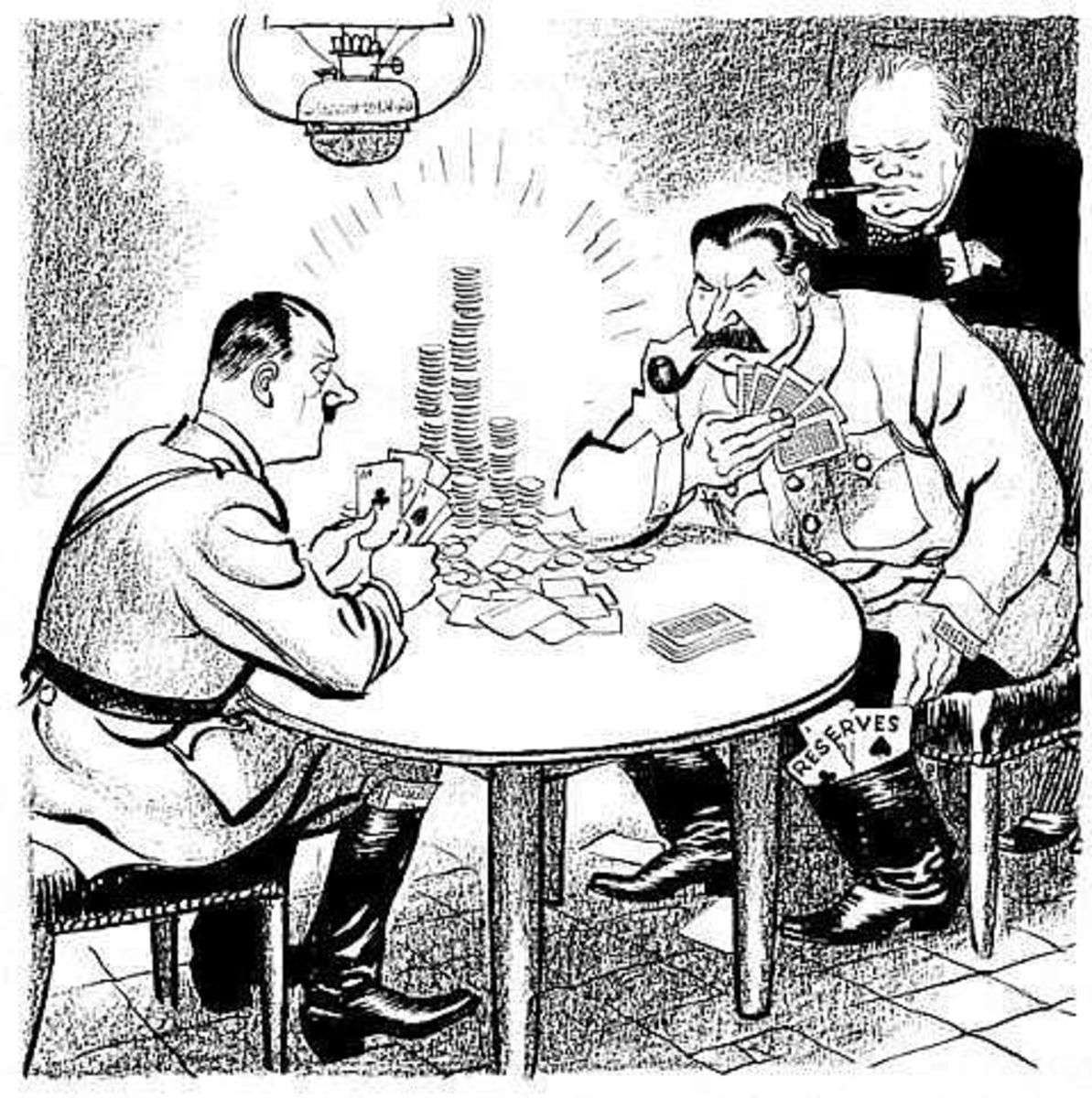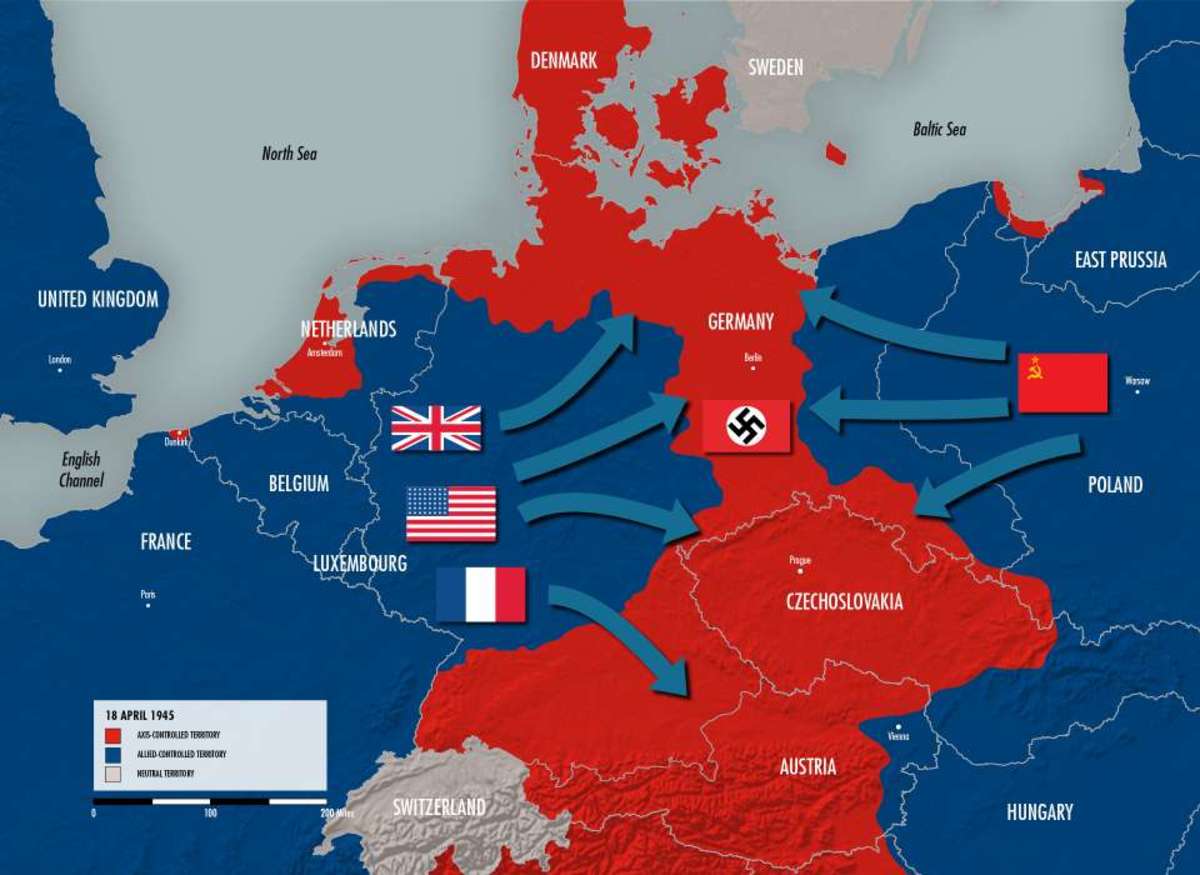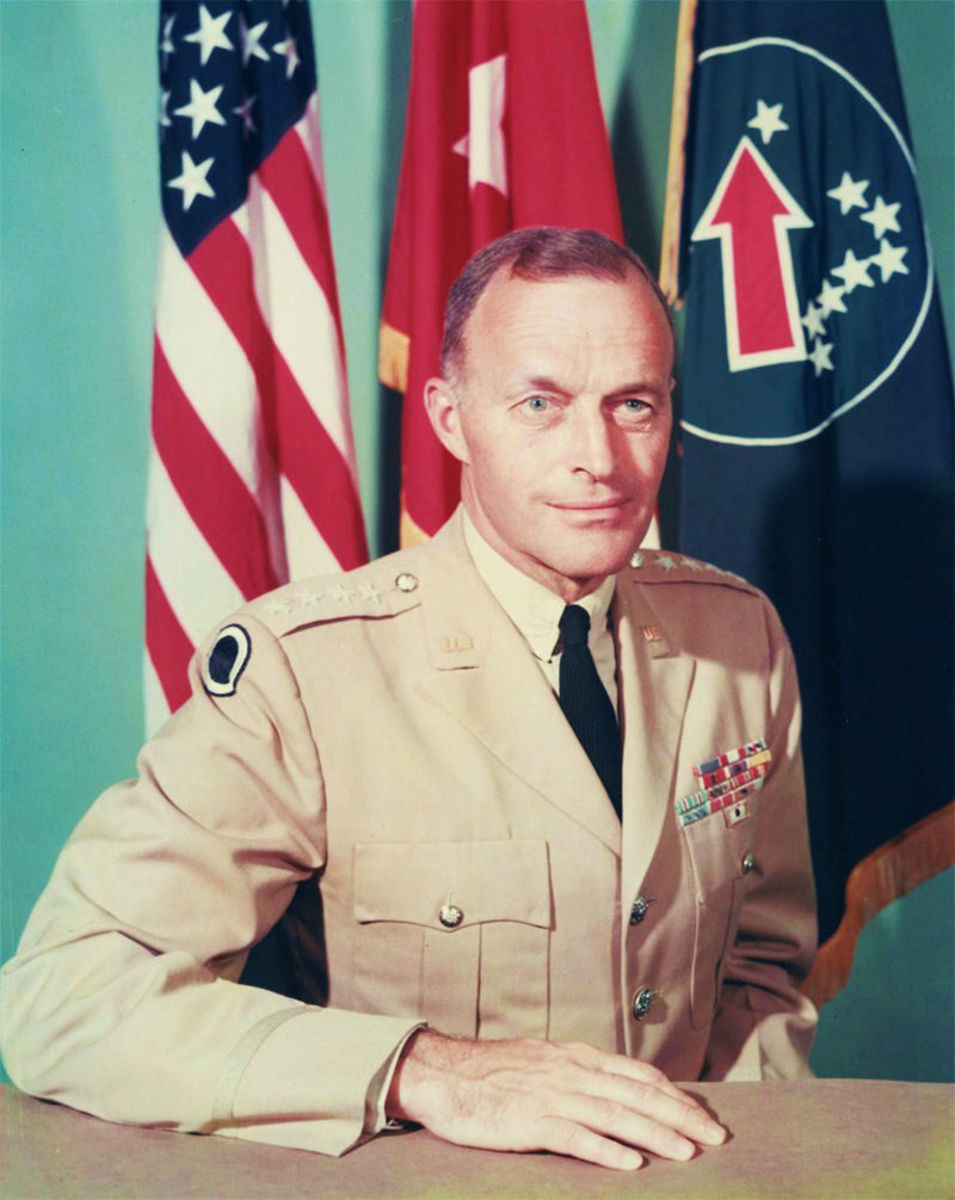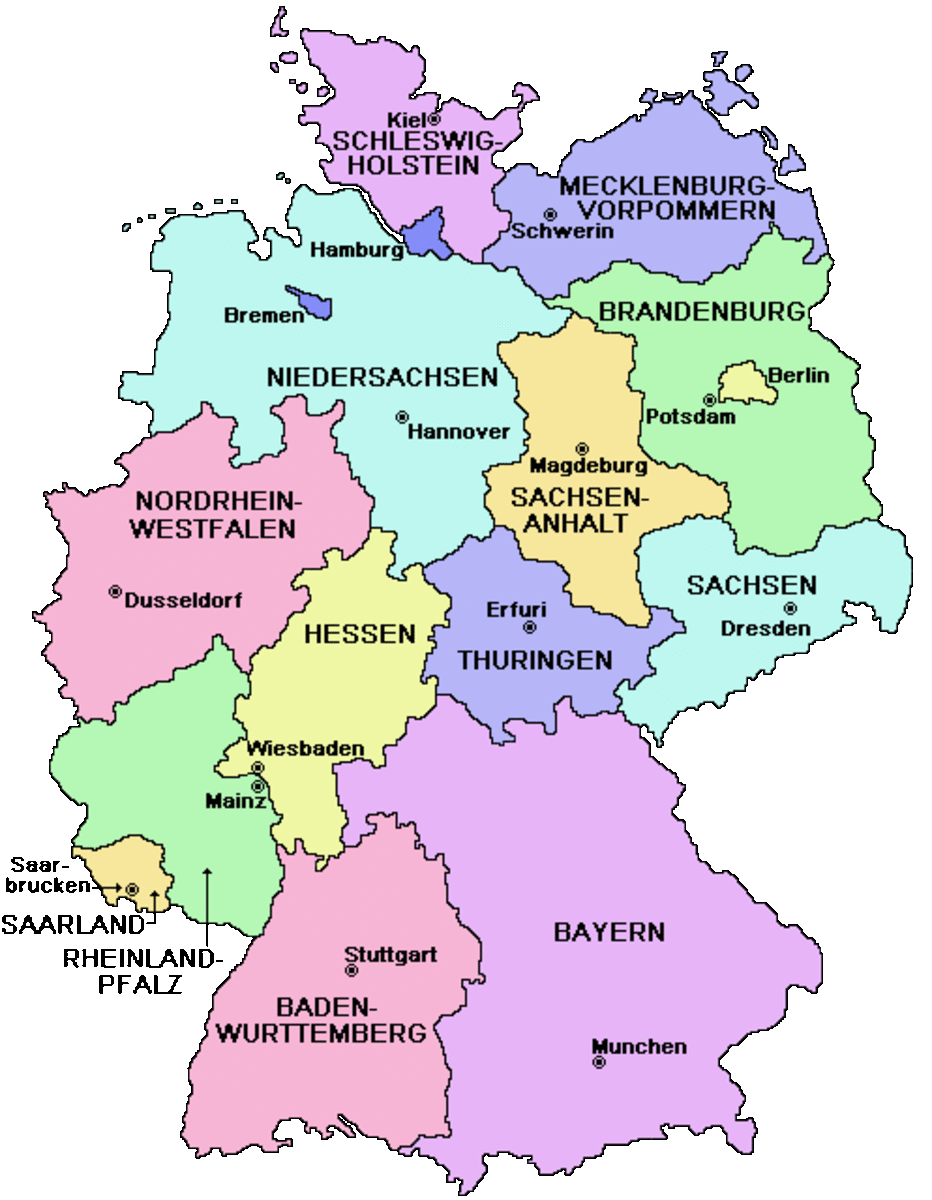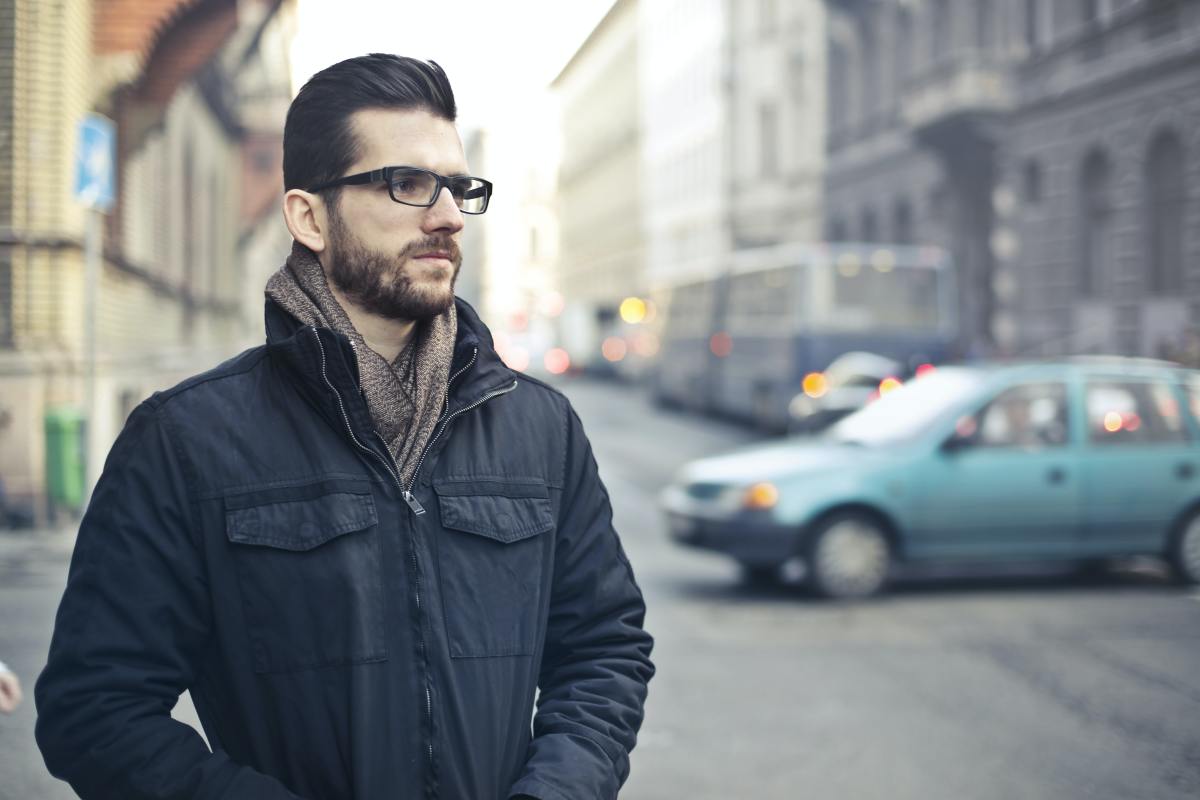Paragraph 175 & The Fight To Repeal It
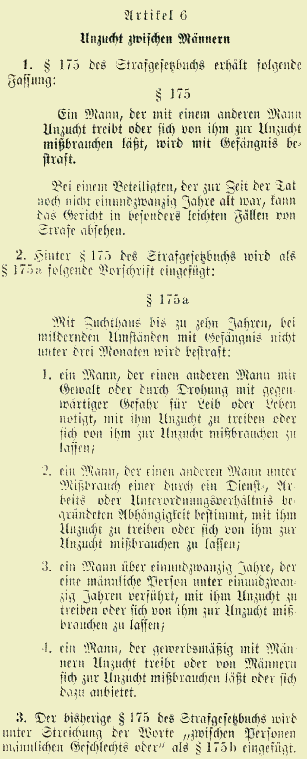
Paragraph 175
In 1934 by order of Hienrich Himmler a special Gestapo division was set up for the arrest of homosexuals in Germany. One of the first orders given to this division was obtaining so called ‘Pink Lists’ from the police from all over Germany that had been compiled since 1900 naming those they suspected of being homosexual.
September 1st 1935 an amended version of paragraph 175 (the criminal code which was originally framed in 1871) came in to effect. Punishing a broad range of lewd, lascivious behaviour between men and completely banning homosexuality between men in German society with the threat of imprisonment, lesbianism was not banned.
In 1936 Heinrich Himmler created the ’Reich Central Office’ for the combating of homosexuality and abortion. Special office (IIS) of the executive department 11 of the Gestapo was its name.
The linking of homosexuality and abortion reflected the Nazi regimes population policies to promote a higher birth rate of its Aryan population. In Bad Tolz on February 18th 1937 before a group of high ranking SS officers Heinrich Himmler gave a talk on the dangers that homosexuality and abortion posed to the German birth rate.
Paragraph 175 brought the number of prosecutions to an increase peaking in the years of 1937 to 1939 in both Germany and the annexed Austria in 1938. Half of all the convictions were of homosexual activity under the regime, occurred at this time.
It is known that you could be suspected of being homosexual for giving a look, a touch, a gesture and even flirting or talking to a stranger, you could be arrested and imprisoned without a trial.
THE REBELLIOUS 1960’s
The amended1935 version of Paragraph 175 was still in place in the 60s and homosexuals could be arrested and imprisoned in both west and east germany.
In 1961 two activists in Hamburg sent a petition to the federal parliament again knowing the that criminal code would be amended again 1962 leaving paragraph 175 in tact.
Kurt Huller and Christian, Adolf Isermeyer were the activists unfortunately a disagreement between them lead to two separate petitions being sent in 1962 rather than just one.
That same year Joachim Schoaps wrote an article “Should Homosexuality Remain A Criminal Offence?”in the magazine Monat of 1962, this lead to a huge negative reaction from a german paper known as “Christ In Der Weld”.
In 1963 a youth magazine printed articles about advocating tolerance to homosexual men and women in german society, this was how the movements began.
Gay movements in germany did not happen in the 1960s so the homosexual movements abroad in Europe and america were vital in order for awareness in society. An international organisation known as (IHWO) or International Homosexual World Organisation founded in Denmark played a big part as they published a magazine in german and sent it to the homosexuals in Germany.
On May 21st 1965 the first ever homosexual demonstration occurred in America on the streets in front of the Whitehouse which was organized by the Mattochine Society, however European gay and lesbian demonstrations did not occur until the 1970.
1966 onwards - west germany was ruled by the grand coalition government an opportunity arose to revise the criminal code making homosexuality appear on the agenda, with many magazines publishing articles relating to this. Again another plea was placed in to the government to decriminalize homosexuality but it was not until 1968 when Rolf Italiaander sent pre release copies of his book “Weder Krankheit Noch Verbrechen” (neither illness nor crime) to the parliamentarians receiving well known compliments and comments from the government and the known personalities in politics and the arts.
Finally on June 25th 1969paragraph 175 was repealed and amended to allow sexual acts between consenting adults over 21 years of age in West Germany, however East Germany was under communist rule and therefore did not revoke paragraph 175 and it remained in place with the threat of imprisonment of 5yrs until 1989 when the Berlin wall came down,
thus making homosexuality legal in all parts of Germany.


